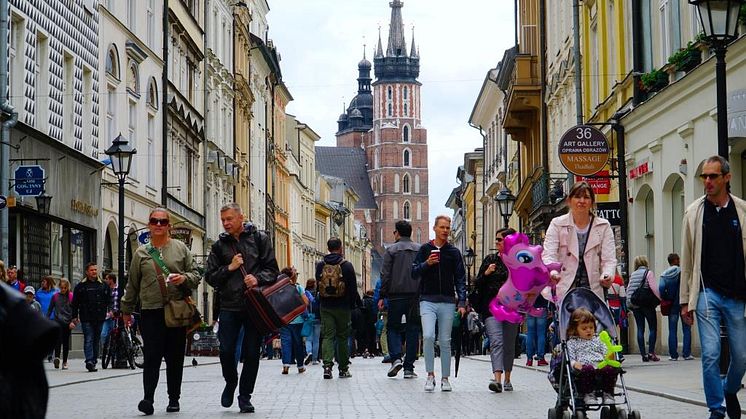[Audio de Comunicado de prensa] Los cambios en los salarios mínimos en Europa podrían tener implicaciones generalizadas
La última revisión anual de los salarios mínimos en Europa muestra que se han producido aumentos significativos en los salarios mínimos de varios Estados miembros de la UE, tanto en términos nominales como reales.




















